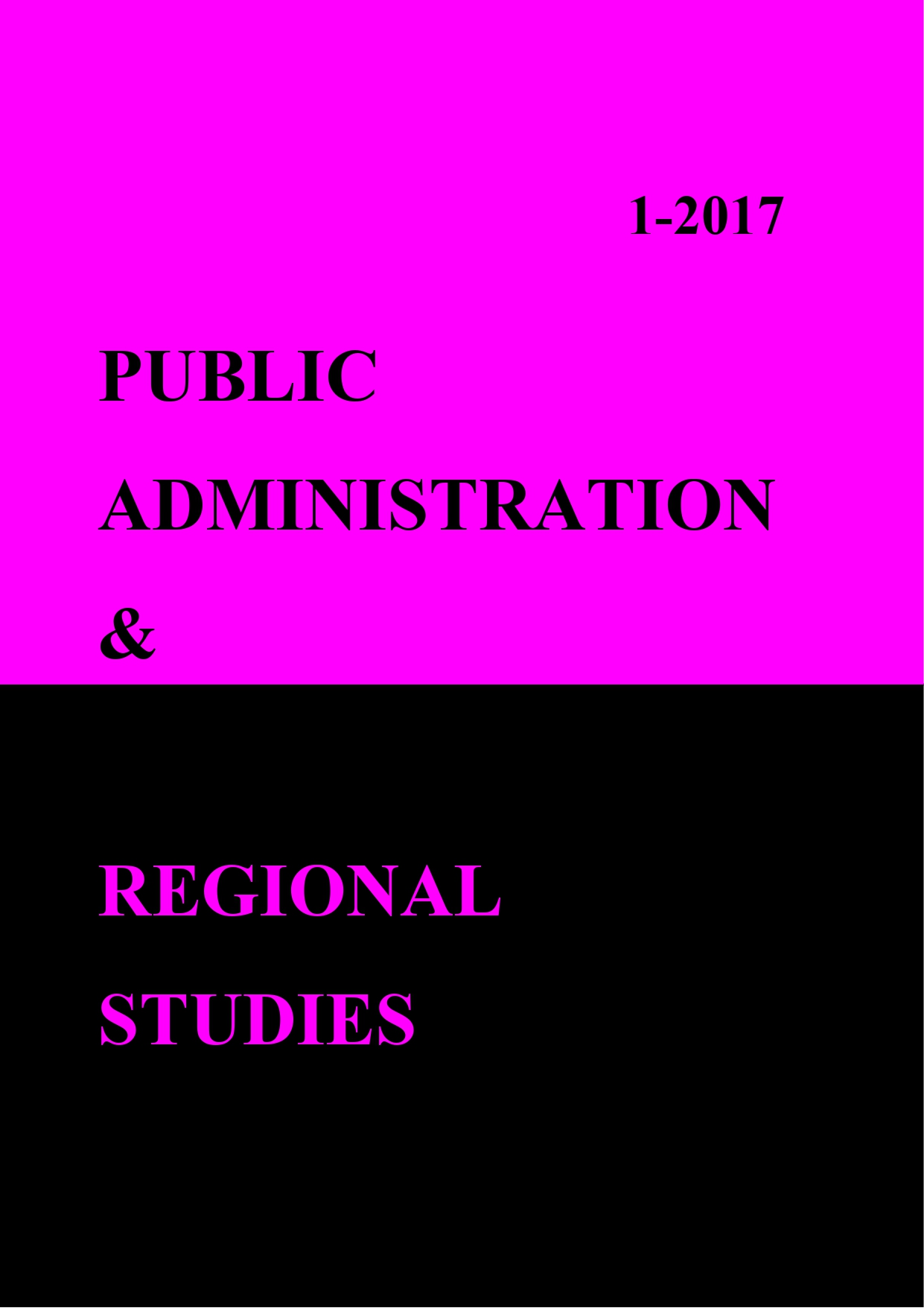COMPARATIVE LAW PERSPECTIVES ON THE EXCLUSION OF EVIDENCE OBTAINED ILLEGALLY IN THE CRIMINAL PROCEEDINGS
COMPARATIVE LAW PERSPECTIVES ON THE EXCLUSION OF EVIDENCE OBTAINED ILLEGALY IN THE CRIMINAL PROCEEDINGS
Author(s): Oana Elena GălăţeanuSubject(s): Social Sciences, Law, Constitution, Jurisprudence
Published by: Editura Universității „Dunărea de Jos”, Galați
Keywords: exclusion; evidence; illegal modalities; rule
Summary/Abstract: Exclusion represents a sanction which the competent judiciary bodies apply in the cases when evidence has been obtained in illegal ways during criminal proceedings. It consists in the removal by the Court of that evidence which has been obtained illegally. By applying this sanction, the purpose is also to comply with the fundamental rights of the subjects from the criminal procedure.The exclusion is an institution conceived by the common-law legal system, being taken over by the continental law system. In both law systems, it is applied differently, in some national legislations being applied as a mandatory rule in any infringement cases, in other being applied as stand-alone sanction, but only in certain conditions and when the competent courts of competent jurisdiction appreciate it is necessary for the proper course of justice and for keeping an unblemished image in relation to it.A few comparative law perspectives related to the institution of excluding illegally obtained evidence in the criminal proceedings are presented in this study, according to the legislations of the different states of law which have embraced, as case maybe, common law or continental law legal system.The author’s conclusions and opinions regarding this institution of exclusion are presented at the end.
Journal: Public Administration & Regional Studies
- Issue Year: 10/2017
- Issue No: 1
- Page Range: 47-57
- Page Count: 11
- Language: English

